| Possessing a compelling finesse, these are some of Japan’s most renowned and elegant wines – perfect exemplars of Noriko Kishidaira's dedication to her craft. Limited quantities. | |
| View online | |
| Takeda Winery |
| Trailblazers of the
Japanese Wine Renaissance |
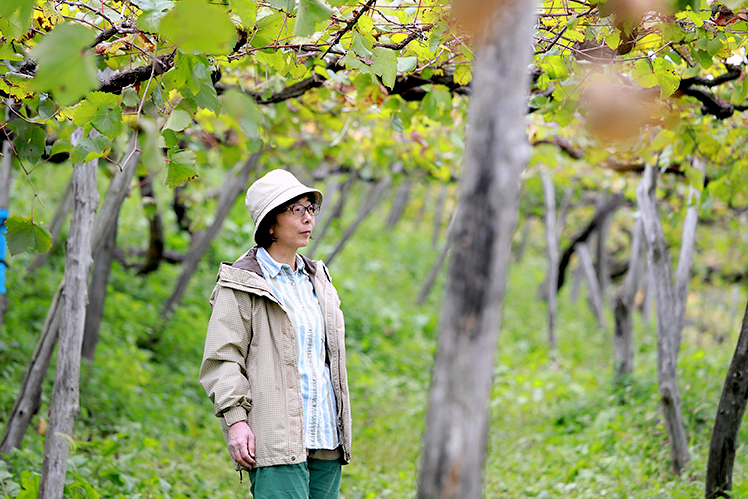 Noriko Kishidaira |
| In Yamagata,
halfway between Nagano and Sapporo, the leading
winery is no doubt that of Takeda. — Joel B. Payne, The Wine Advocate |
|
| From vineyards at the foot of Japan’s
famed Zaō mountain range come wines with remarkable
finesse – serene, steadfast and undeniably elegant,
these wines are true Japanese classics that speak
proudly of their origins. These treasures are made
by Takeda Winery, an
estate with a long and storied history – one that’s
chock full of firsts. |
The picturesque setting of this venerable century-old winery – one of Japan’s oldest – belies the drive and pioneering spirit of the family behind it: from Inosuke Takeda, who started cultivating grapes in the late 19th century; to his enterprising grandson Shigezaburo, who obtained a license to start making wine from the farm’s surplus fruit; then to fourth-generation Takenobu Shigenobu, who was among the first in Japan to push for soil improvement through natural farming.
The family’s dynamism is no better embodied than in Noriko Kishidaira, the fifth generation of the family and Japan’s first female chief winemaker and winery CEO. At Takeda’s helm since 2005, Noriko belongs to a vanguard of female vintners creating celebrated wines in a realm traditionally dominated by men. Her faith in old vines and local grape varieties, combined with an embrace of natural winemaking techniques, has propelled her family winery to a whole new level, and Noriko’s wines continue to be prized for their depth and complexity.
From the beginning, Takeda has been committed to producing wines made solely from locally grown grapes – Yamagata wine, made from Yamagata grapes. The winery produces “domaine” wines using estate-grown grapes, as well as “négoce” wines with grapes sourced from trusted local Yamagata farmers. Made from local grapes such as Delaware and Muscat Bailey A, these négoce wines are supremely approachable and dangerously quaffable.
The estate itself is planted predominantly to Bordeaux varietals and Chardonnay, though the family’s hundred-year-old vines of Muscat Bailey A hold a special place in Noriko’s heart. These estate grapes go into the premium Chateau Takeda series – serious and contemplative, these wines possess tremendous complexity and the requisite depth for aging.
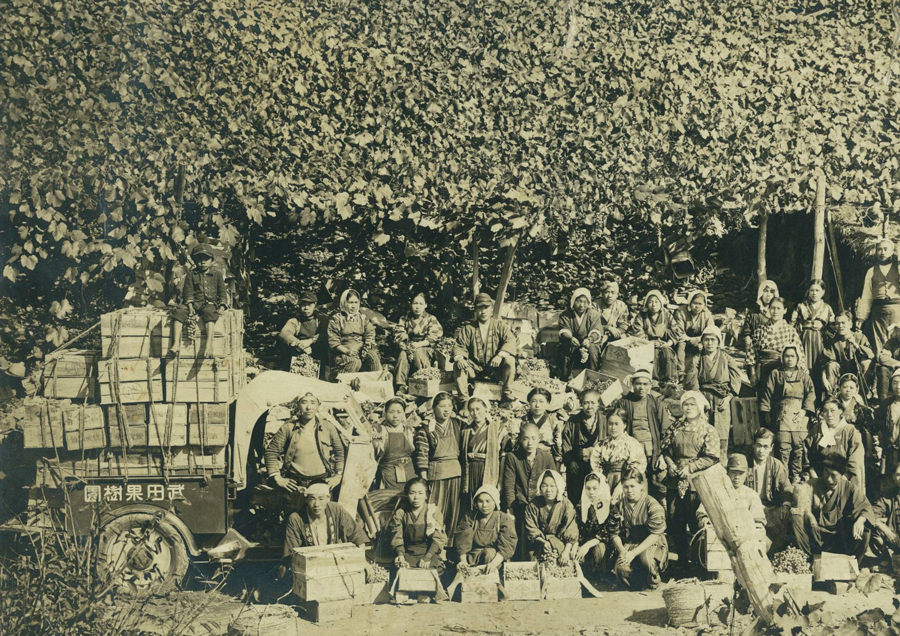
Shigenobu Takeda (far left) as a
schoolboy with Takeda Winery workers in front of
vines of Muscat Bailey A. (Photo courtesy of
Noriko Kishidaira, via Japan Times)
|
The quality of the wines is a tribute to generations of tireless work by the Takeda family. They’ve undertaken years of painstaking efforts to continuously improve the soil conditions, guided by an enduring respect for nature.
Decades ago, Noriko’s father Takenobu had such passion and ambitions for the winery that he travelled to Europe to learn more about wine. Methodical and meticulous, he visited Bordeaux to study the soil of a first-class Chateau. Once back home, inspired by the famous Japanese agro-philosopher Masanobu Fukuoka, he set about transforming the soil using natural methods – low pesticides and no chemical fertilisers – to create conditions best suited to growing impeccable grapes.
The family’s meticulous attention to soil conditions continues to this day: Takeda’s 15-hectare vineyard is divided into 26 sections, and each section has 20 spots from which the soil is frequently analysed; minerals are added if needed. The vines are planted in well-draining soils, on southeast-facing slopes which receive optimal sunshine. Takeda has now been cultivating grapes using chemical-free fertilisers for over 30 years. No herbicides are used, and the grapes are cultivated and harvested by hand.
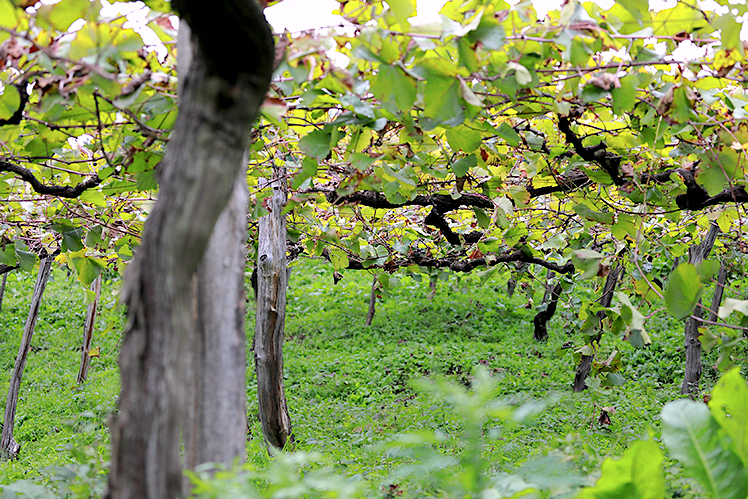 |
Noriko tries to encourage a polyculture environment with a diverse array of plants and trees, in order to avoid environmental problems associated with monoculture. In recent years, small animals – squirrels, wild rabbits, cats, antelopes – have begun to appear in the fields, enhancing the biodiversity in her vineyard’s ecosystem.
Japanese soil is rich, but Noriko doesn’t agree with the common assumption that infertile land is best for growing wine grapes. “Saint Emilion, famous for Bordeaux wine, is actually a rich type of soil. The issue is not about the richness of the soil. It’s more an issue of balance, the existence of microbes and how you care for the field,” she says.
In the cellar, Noriko opts for fermentation with native yeasts that come from the grapes. This means that multiple types of yeast are involved in the fermentation. As the process progresses, at each stage a different yeast becomes dominant, building up various layers of flavours. While this complicates the fermentation process, Noriko believes that it’s necessary in the pursuit of complexity in Takeda’s wines.
Noriko has no preset recipe to making each cuvée. Each year, she looks at the grapes’ condition, their energy and strength, and then decides how to proceed for that vintage, keeping in mind the oak regime and the intended period of élevage. She follows the lunar calendar and uses it to guide all operations from harvesting to vinification, maturation and bottling.
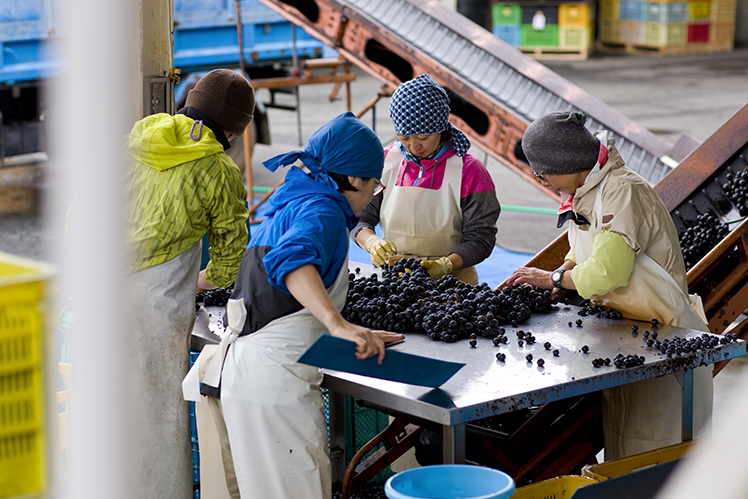 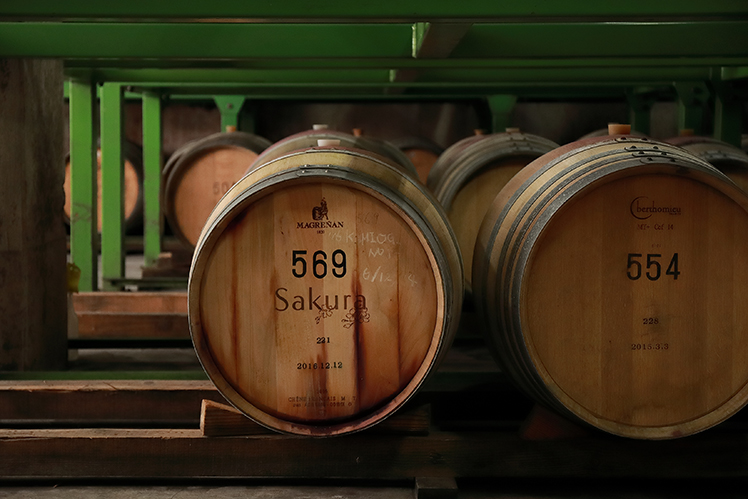 |
Undoubtedly, Noriko’s formative years in France have played a major role in shaping her approach. She studied and trained in Burgundy and the Loire Valley during the 1990s, when the natural wine movement was gaining momentum and long-snubbed local varieties were starting to make a comeback. Deeply influenced by these developments, she was inspired to bring this vision back to Japan.
Unlike her father, who believed in the superiority of European varietals, Noriko saw immense potential in local grapes, specifically old family vines of Muscat Bailey A that were planted in 1920. Her father saw only worthless old shrubs, but for her they were a unique and irreplaceable treasure. Through sheer force of will, Noriko persuaded her father that the old vines were worth saving.
Now came the hard part. There was no blueprint for creating great wine with Muscat Bailey A. None of the methods for producing great French wines were of much use, and the winemakers before her had only succeeded in creating cloying, low-quality wines from these grapes. With a great deal of determination and years of trial and error, she finally succeeded in vinifying elegant, complex expressions of Muscat Bailey A. Her work with these Japanese varietals has surely inspired a whole new generation of Japanese winemakers.
| She’s the big
sister figure of Japanese wine… Her influence on its
development cannot be overestimated. — Miyuki Katori, author of Guide to Japan Wine and Wineries |
|
|
We’re thrilled to offer the latest collection from Takeda Winery, including an incredibly special release of Chateau Takeda Chardonnay 2009. Takeda is unique, and not just because it has a history that goes back over 100 years. For decades now, the family has pushed the boundaries to craft serious, compelling wines in Japan. Long before a proper Japanese wine industry came into being, they dared to dream: they were – and still are – trailblazers. This is what makes them extraordinary. |
The offer is valid until 30 November 2022. Some of the wines have restrictive supplies, so please understand that we may have to allocate them in order to ensure as equitable a distribution as possible. Under allocation rules, balanced orders will receive priority. Orders will be processed subject to remaining availability and final written confirmation. Full payment is required no later than 7 days after confirmation invoice is sent in order to confirm the purchase. All terms and conditions apply.
| - OFFER VALID ONLY UNTIL
30 NOVEMBER 2022 - PRICES ARE QUOTED NETT in SGD, NO FURTHER DISCOUNT - ALLOCATION RULES MAY APPLY - ORDER CONFIRMATIONS MAY TAKE 1-2 WORKING DAYS TO PROCESS - SUBJECT TO FINAL WRITTEN CONFIRMATIOn |
| Sparkling |
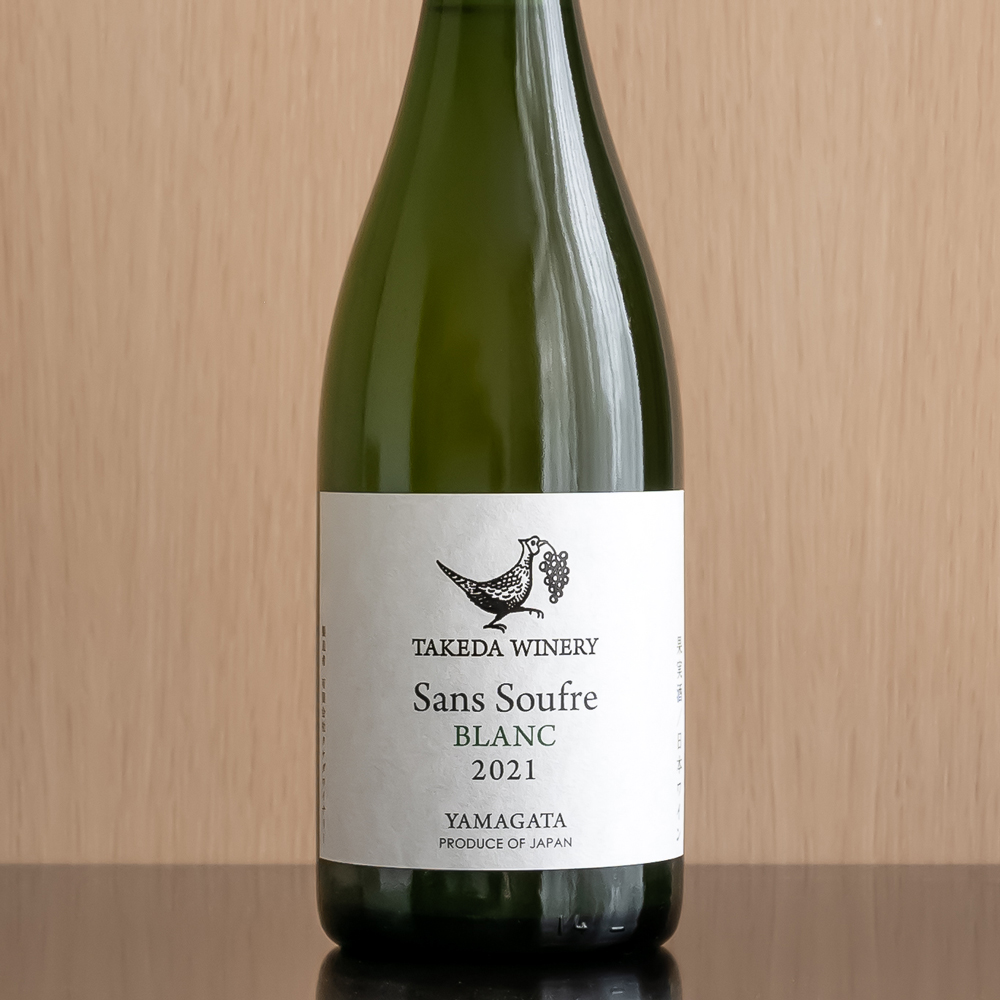 |
|||||
|
| Rosé |
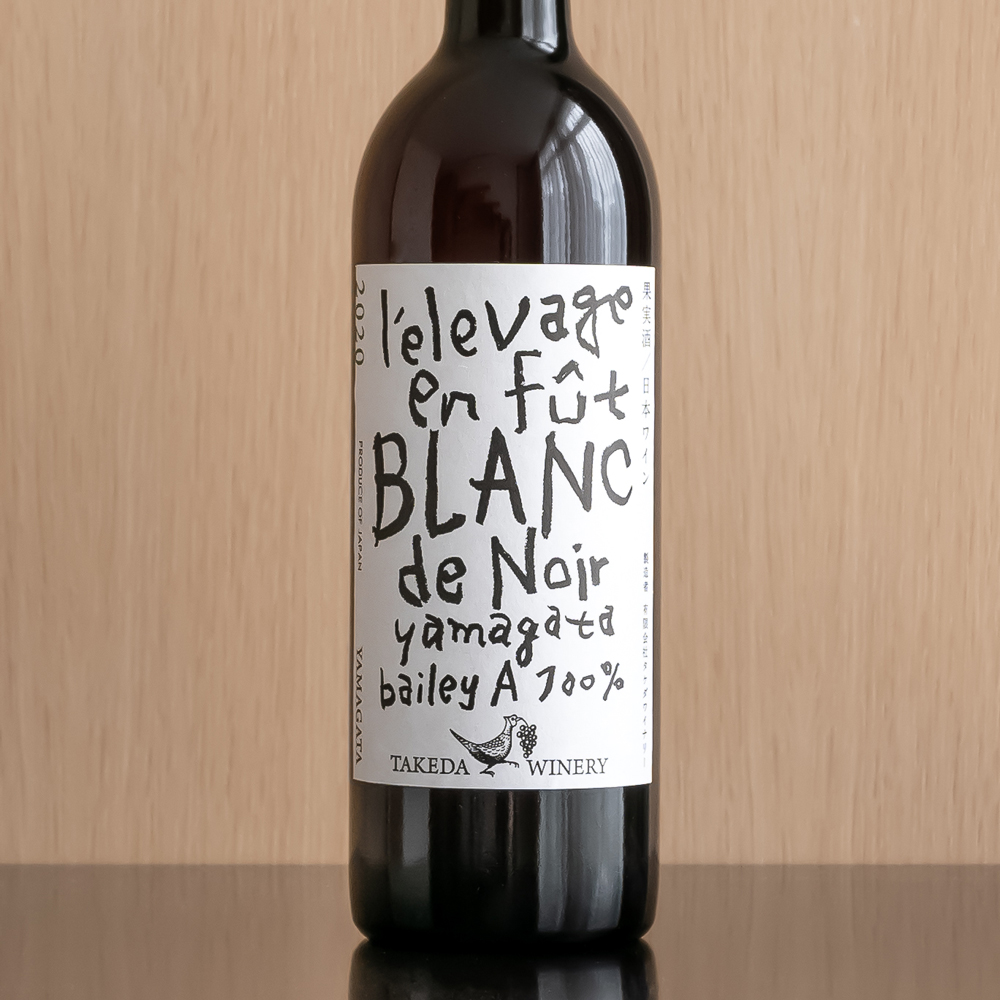 |
|||||
|
| Red |
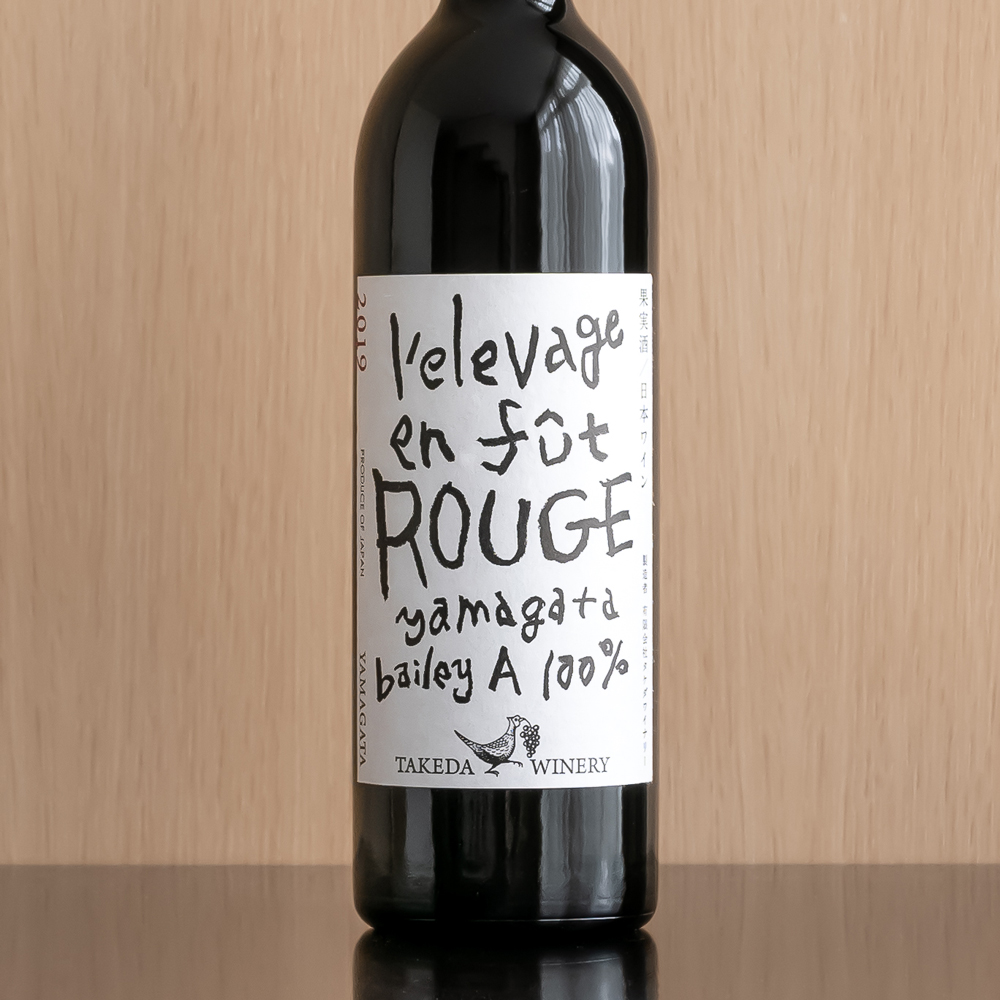 |
|||||
|
| White |
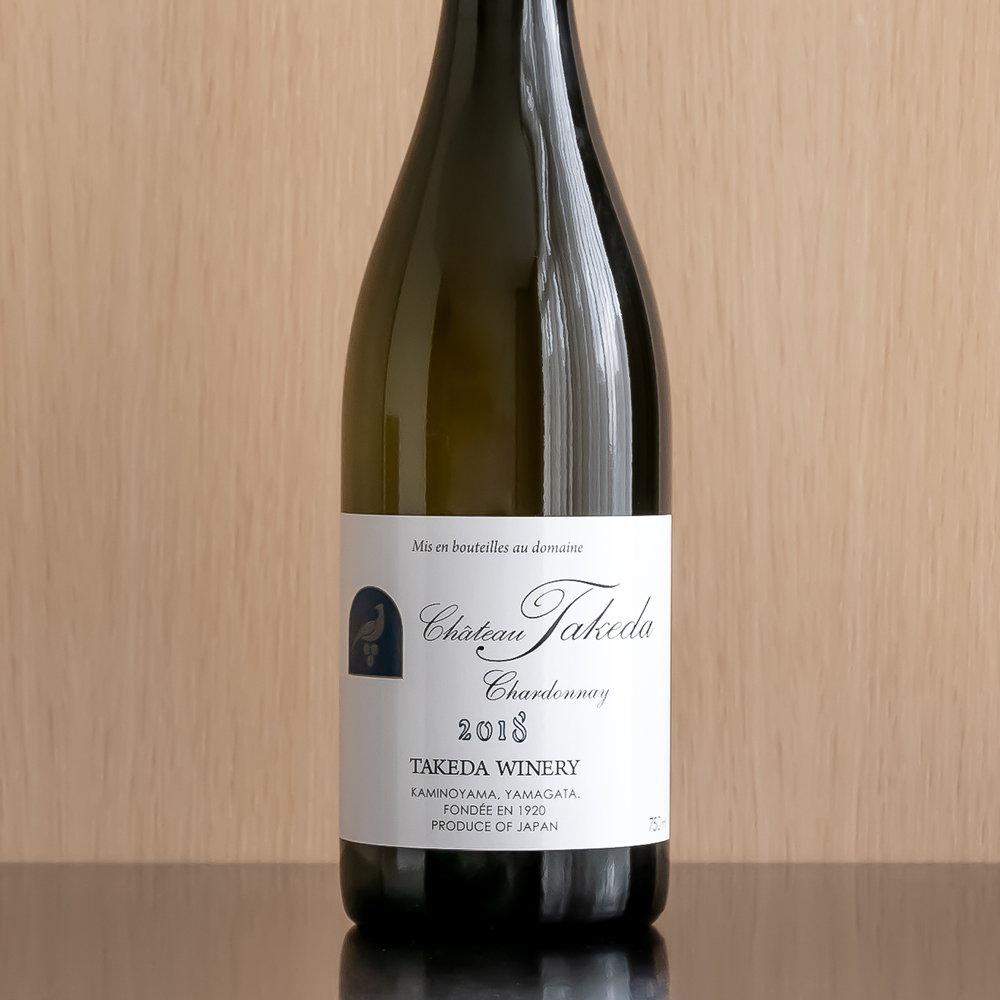 |
|||||
|
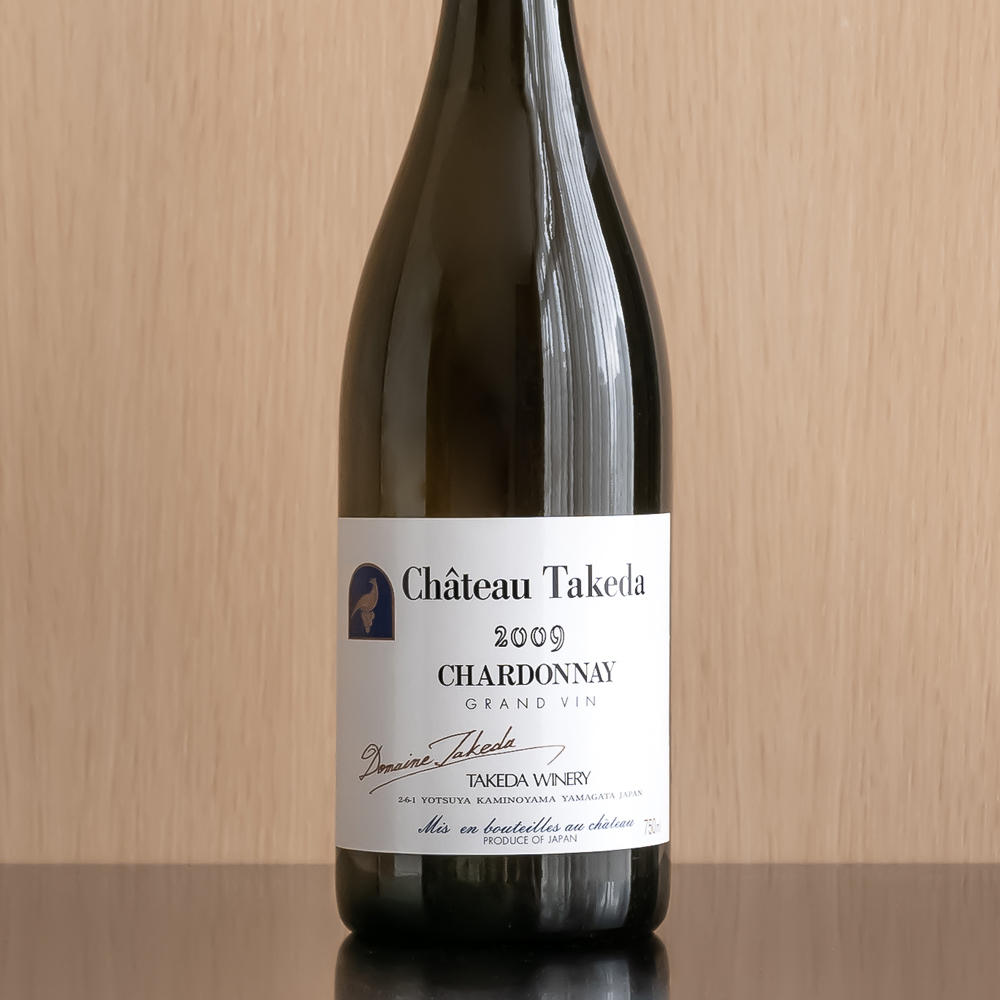 |
|||||
|
TERMS
& CONDITIONS
|
|
100G Pasir Panjang Road #06-16/17 Interlocal Centre Singapore 118523 t +65 6838 0373 e sales@artisan-cellars.com w www.artisan-cellars.com |
 |